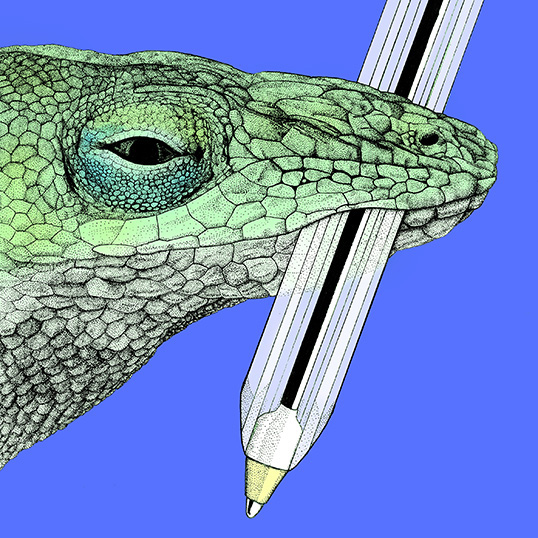To entertain these fair well-spoken days,
I am determined to prove a villain
And hate the idle pleasures of these days.
(Richard III I:1)
1. Elegance is the jovial refusal of all power. The arriviste is its demon.
2. The arriviste wants to attain power. He wants what he wants.
3. The arriviste will first use the shadiest arms to attain power—advancing at the pace of his cowardice toward open fire.
4. The arriviste is the parasite of the public apparatus.
4a. Richard III is still regarded as an “usurper” by the British Monarchy. Perceived as “bloodthirsty,” he only took the crown after scheming with the Royal Council led to a bishop declaring the marriage of Edward IV invalid—and, therefore, Edward V and his brothers illegitimate. Richard should thank Shakespeare, whose play painted him as much less of an arriviste than he actually was.
5. The arriviste according to Estamira: “a hypocrite, a liar, backward smart-ass who casts the stone and hides the hand.”
6. The arriviste is the hyperactivity of a reptile brain, the locus of aggression, the self-preservation instinct and the reverential fear of strong leaders. The arriviste is not competent enough to earn his keep as a reptile, and soon puts his intellectual capabilities at the service of his inner gecko.
7. The arriviste has no sides. His field of vision is centered on himself, no matter where he is. In this regard, the arriviste is akin to the universe.
8. If he does attain power, the arriviste might create the greater good for the greatest number, and yet he will still be an arriviste.
9. There is nothing more grotesque than an arriviste in an open field. The natural habitat of the arriviste is his own bath chambers, where he parades with a towel tied around his waist even when he is alone.
10. Not everyone who writes bad poetry is an arriviste, but every arriviste writes bad poems.
10a. The arriviste doesn't like art, he likes power.
11. The arriviste is, above all, mediocre. Without his cape of mediocrity, he would have no room for maneuver.
12. The illusion of the arriviste is that power will redeem him.
13. The arriviste, when he comes to light, tends to be swiftly dethroned—usually by other arrivistes.
13a. The arriviste is the courier boy who fancies himself a Machiavelli.
13b. The arriviste will cause the greatest damage possible before vanishing.
14. The arriviste, like certain infections, always returns.

